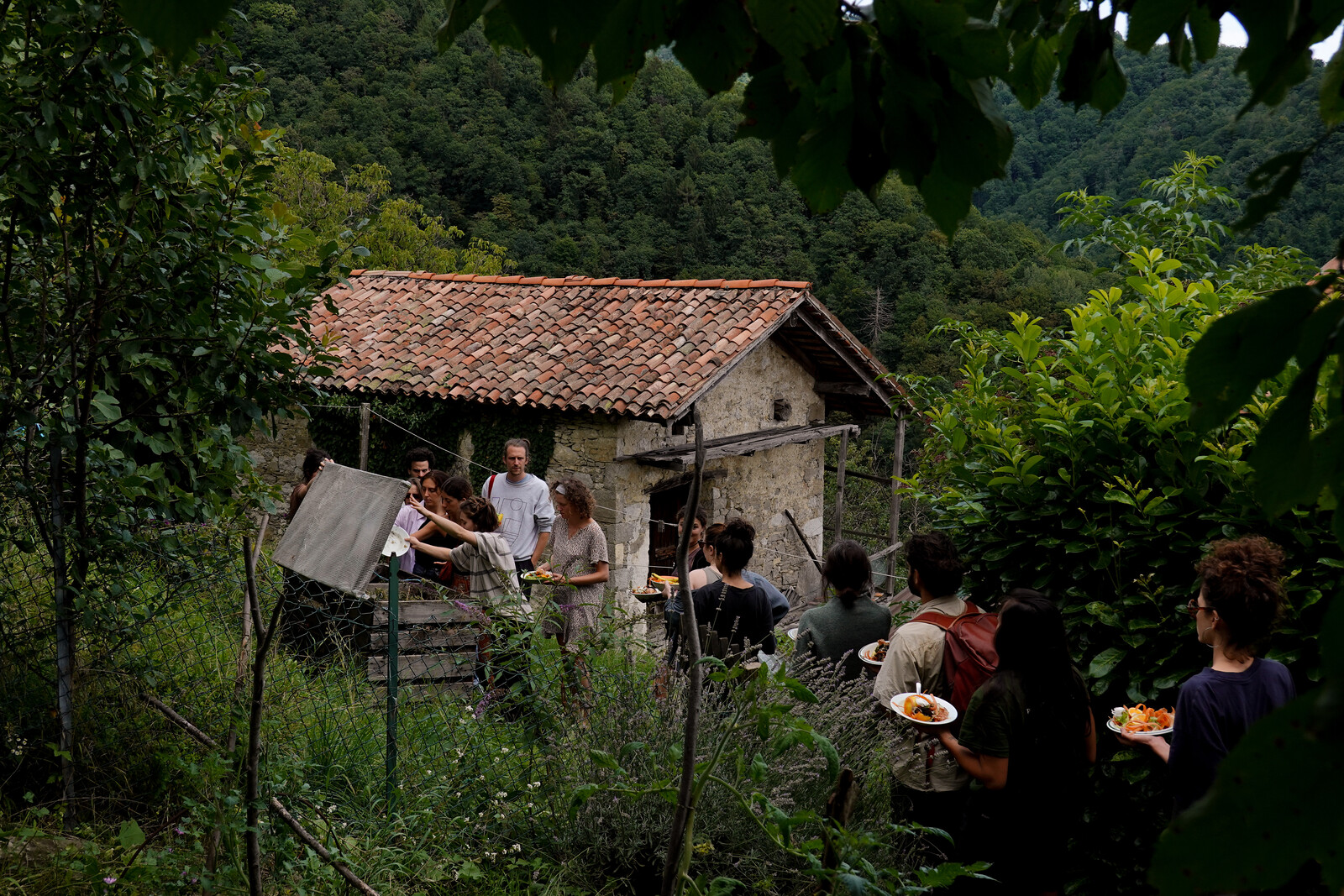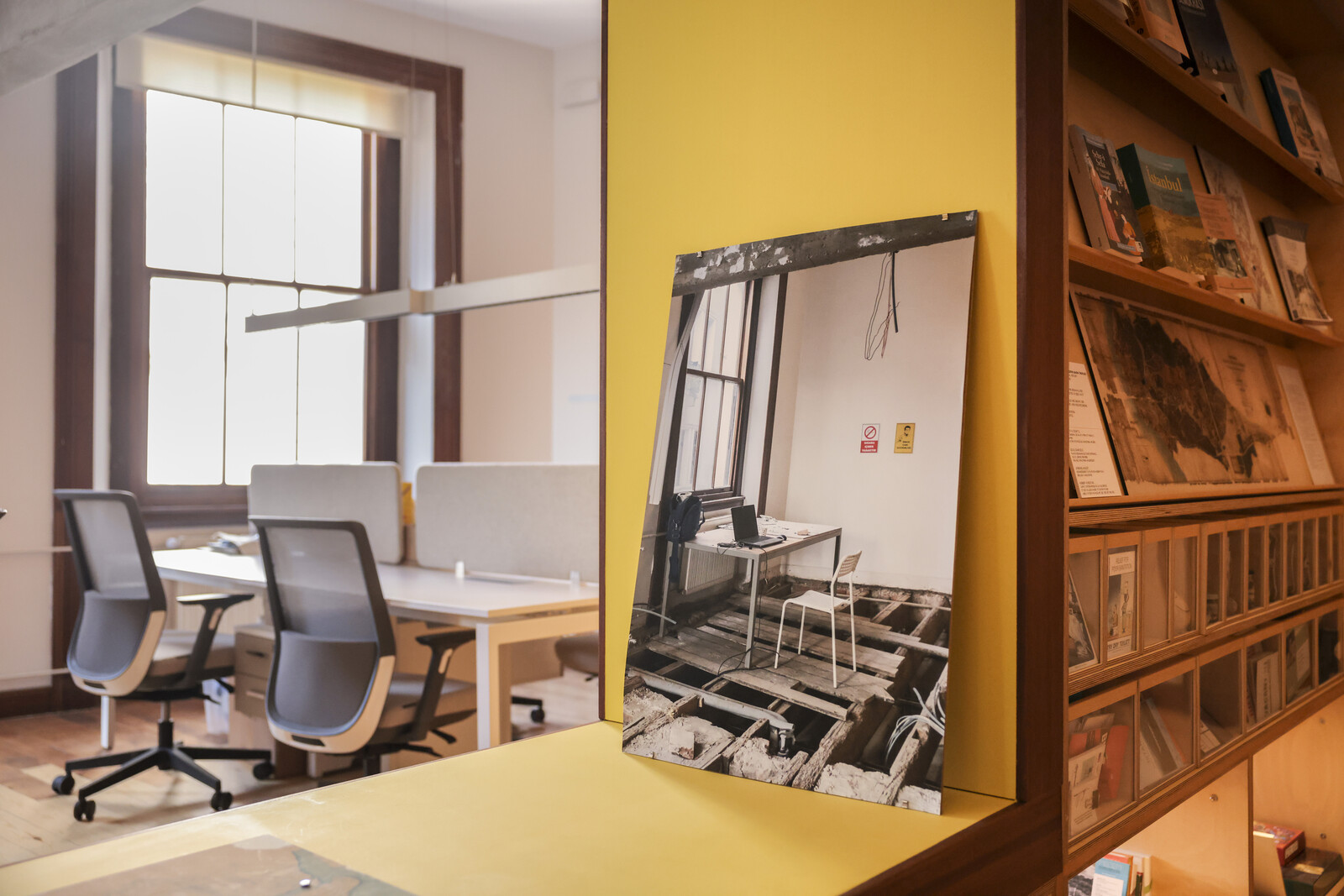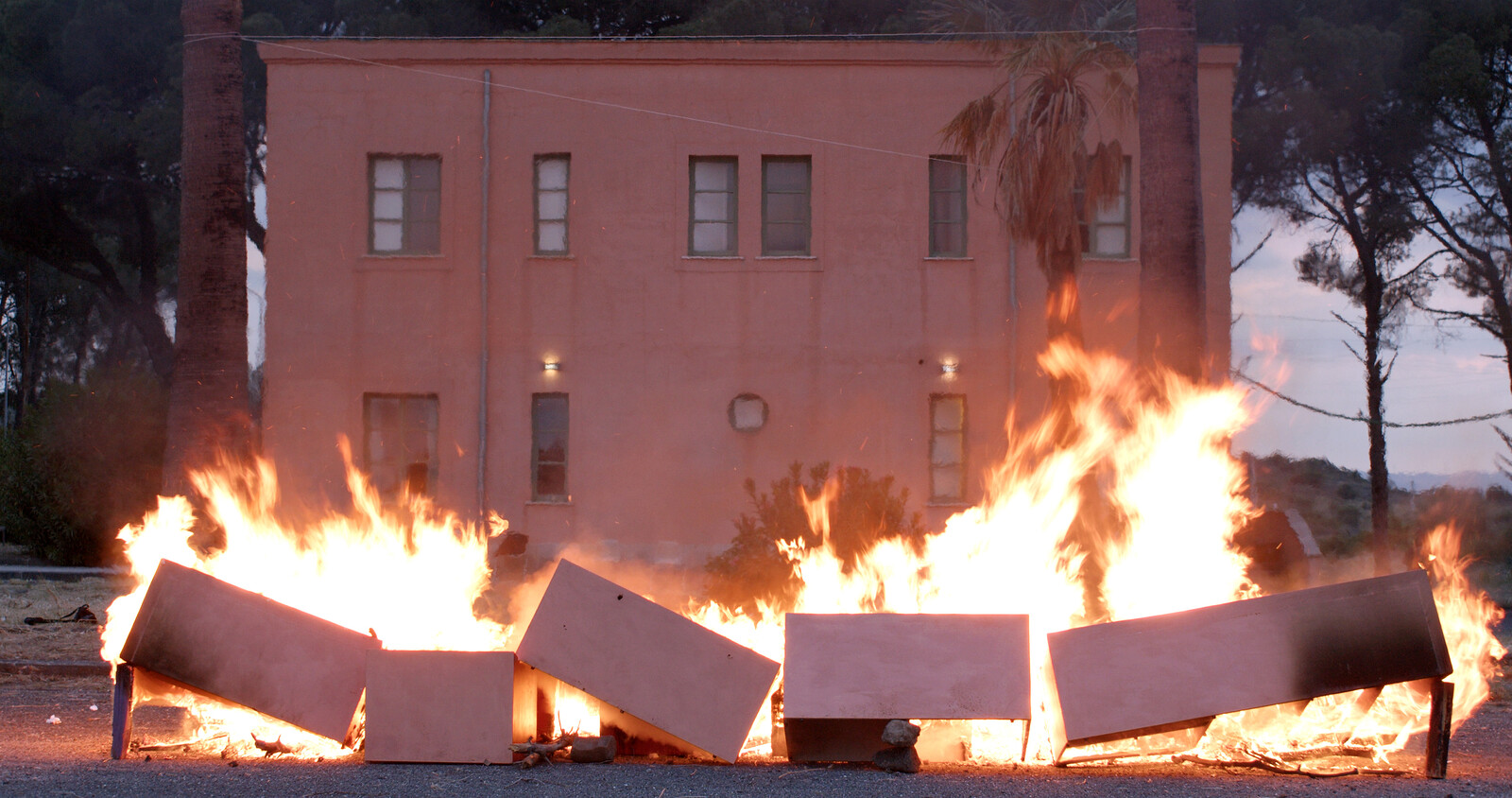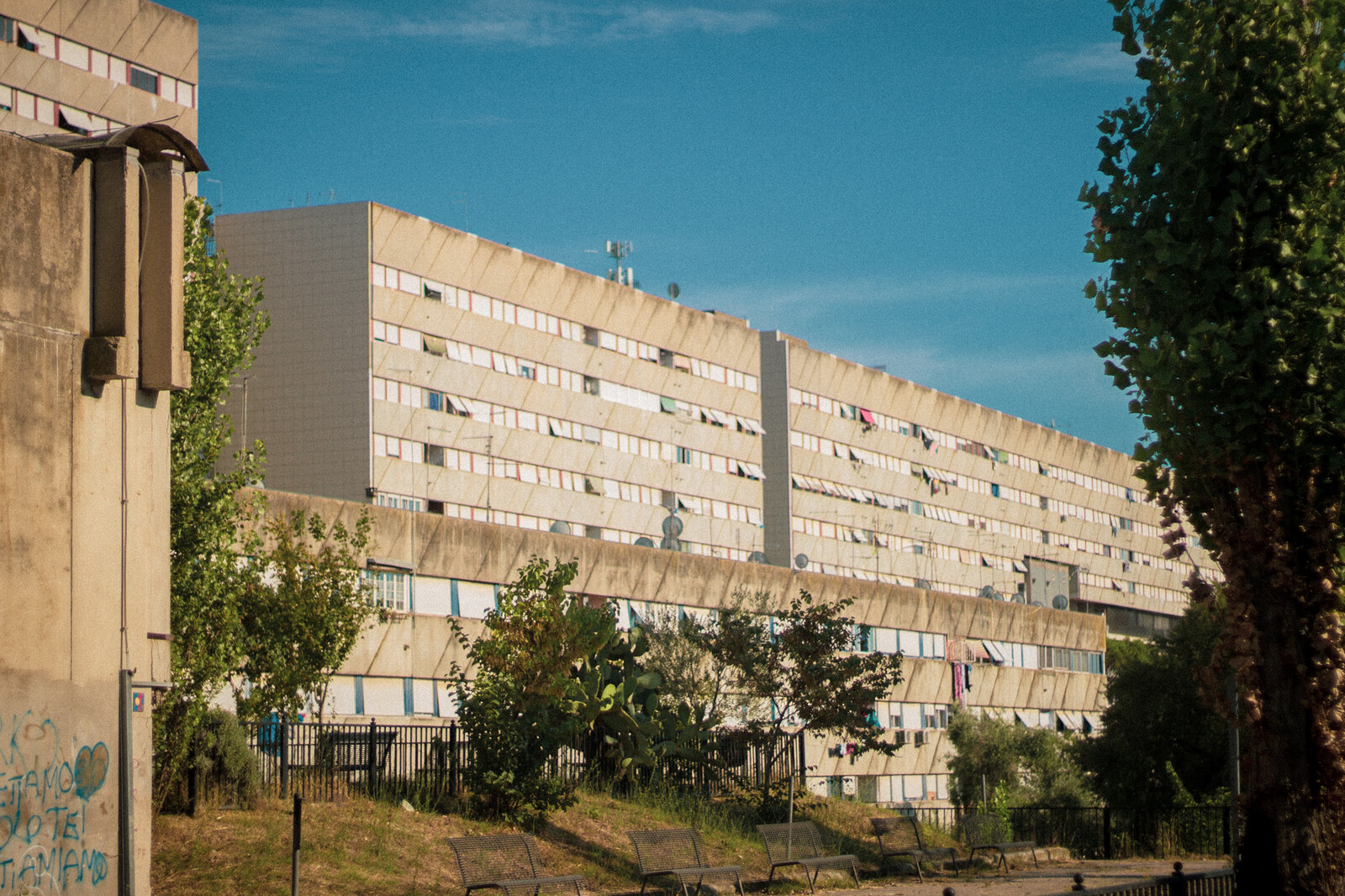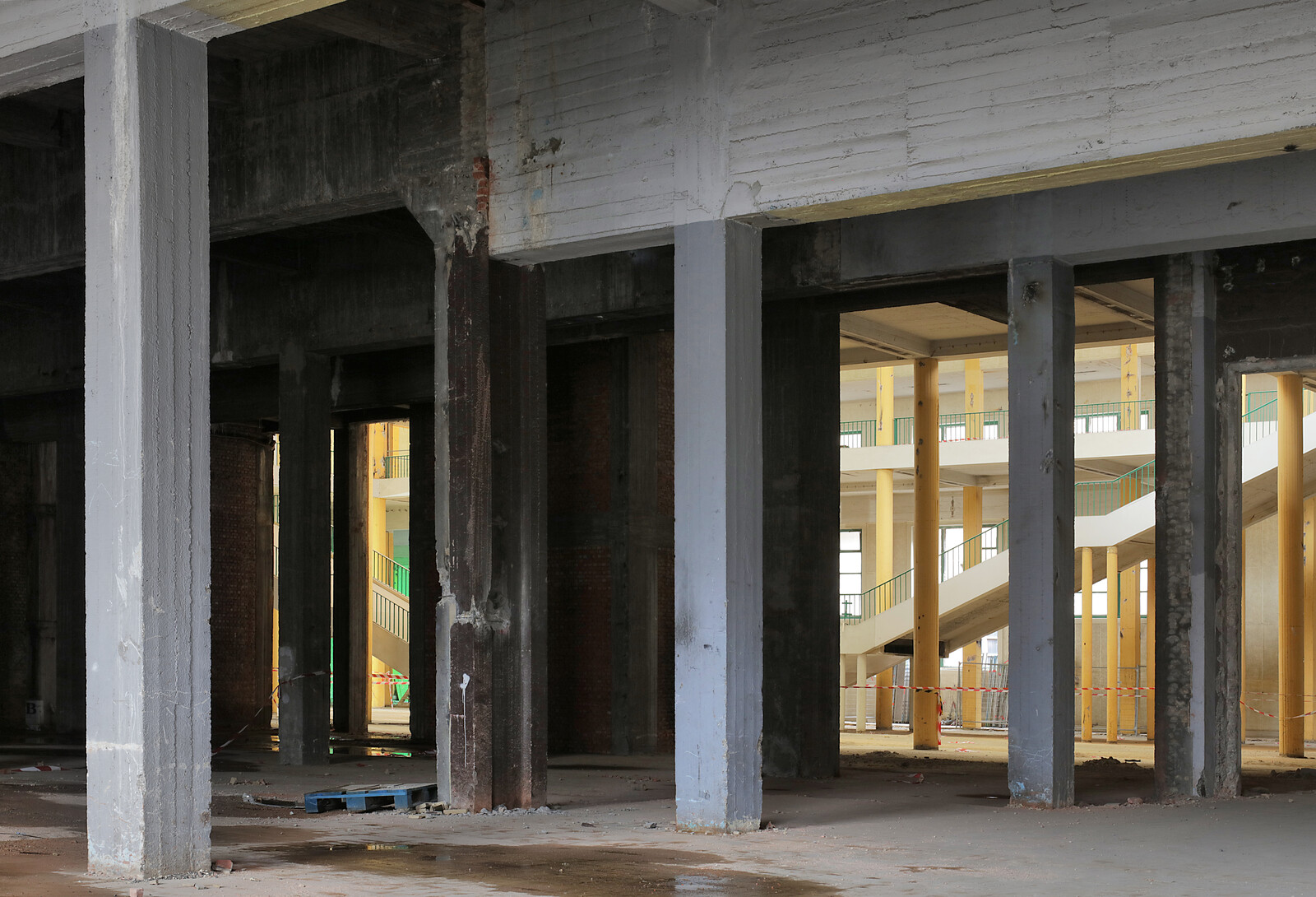Renovate, don’t speculate.
Do you rent an apartment or own a building? Are you involved in the building sector? Are you concerned about the environment? Well, you should be. Speculative real estate practices and the harm they cause affect everyone. The threat of demolition looms over nearly every building, fueled by financial speculation that promotes demolition and new construction. This leads to a scarcity of affordable homes, job losses, and environmental damage. Therefore, we urgently need a socio-ecological transformation of contemporary building practices that extends beyond materials and energy to consider the values Europe upholds as a society. The European Citizens’ Initiative HouseEurope! advocates for regulations that acknowledge and safeguard the value of existing buildings. HouseEurope! campaigns for EU-level legislation that prioritizes the preservation, adaptation, renovation, and transformation of existing building stock over demolition and rebuilding driven by financial speculation.
The European Citizens’ Initiative
There are already a lot of people, groups, initiatives, and organizations out there making a difference by advocating for a socio-ecological transformation of the existing building stock. We want to support these efforts by bringing our expertise and tools to the table. Over more than fifteen years of developing adaptive reuse and renovation projects, we have built a practice that considers legislation and storytelling as active design tools. This is why we decided to start a European Citizens’ Initiative called HouseEurope! Simply put, a European Citizens’ Initiative, or ECI, is a great tool for direct democracy. Much like the Swiss referendums that allow a popular vote on new laws, ECIs enable citizens from EU countries to propose either new laws or changes to existing ones. If one million EU citizens from at least seven countries support the cause, the European Commission must consider the proposal and establish a working group. This gives citizens a direct say in the EU policy-making process and helps bring attention to important issues. Together, we are fighting for an alternative to current legislation that favors demolition and reconstruction over renovation and adaptation. But to make this happen, we need everyone to understand, join in, and support the cause. We need each other!
The Demolition Drama
By 2050, billions of square meters of existing space will be demolished in Europe. From Amsterdam to Athens, from Riga to Rome, an equivalent of about half of Germany’s entire building stock, or more than either Paris or Berlin in their entirety, will be demolished. In their place, billions of square meters of new space will have been built as a replacement for what was already there.
The built environment carries a substantial amount of embodied energy, encompassing countless tons of CO2. With each building that is torn down, all of the energy already invested in its construction is wasted. The building sector is responsible for one third of all CO2 emissions. Collectively, buildings in the European Union alone are responsible for a staggering 36% of greenhouse gas emissions. But the problem goes beyond emissions: existing buildings are demolished that could comfortably house millions of people, while the harsh reality is that, every year, countless people lose their homes due to demolition and the rising price of new construction. Existing buildings are most often demolished for no reason other than financial profit. Tenants are being evicted because it is more profitable to demolish and build new housing than to renovate or maintain the existing building. And even if new housing units are built, the original occupants are often priced out and unable to return.
Current building practices also have a substantial impact on architects practicing today. In the building industry, big players benefit from demolition and new construction. Small and medium-sized businesses, however, have the opportunity to thrive through renovation and adaptation projects. The vast majority of architecture firms in Europe are comprised of one to five employees. According to the Architects Council of Europe, the current rate of renovations needs to triple to accommodate all EU citizens adequately. These smaller practices would financially benefit from an increase in renovation opportunities.
The Speculation Issue
In Western markets, buildings have not only become an investment but also a focal point for financial speculation. Many investors buy up properties not with the intent to inhabit or rent them out, but rather in anticipation of their financial appreciation. This speculative drive is intensified by various factors, and the ripple effects can be profound. Millions of square meters sit empty and in ruin, or are in the process of being demolished and replaced—be they functioning family homes or abandoned industrial and office spaces. Our system is designed to demolish and build anew. This worked in the past, when resources seemed to be in endless supply and new construction was cheaper, faster, and easier than dealing with the constraints of existing buildings. But today, this practice creates social and environmental problems. People are left without livable spaces; affordable apartments are being replaced by luxury condos, and environmental resources are unnecessarily strained by new building construction.
As Europe actively participates in the seemingly never-ending destruction of the environment and the squandering of valuable resources, its citizens are stuck in a system in which buying something new is cheaper than caring about the old; a system that prioritizes financial profit over the well-being of the people and the planet. This system, in which renovation and adaptation have taken a backseat to demolition and new construction, disregards the dramatic social, economic, and environmental consequences of its actions. A lack of public awareness and existing legislation make it possible to sustain society’s unhealthy and anti-social lifestyle.
Against Demolition Driven by Speculation
While progress is essential for a society’s evolution, it’s equally crucial to ensure that that progress doesn’t come at the cost of functional buildings and harm to existing communities. The intersection of speculation and the needs of communities and ecosystems is complex. Here are seven reasons why:
Profit Over Community: The lure of significant financial gains can sometimes overshadow community needs or the social value of existing structures. Buildings that serve as community hubs or affordable housing might be sold and demolished to make way for luxury apartments, malls, or offices, changing the social fabric of neighborhoods.
Gentrification and Renewal: As neighborhoods become trendier or targeted for urban renewal, older structures, sometimes with historical or cultural value, are often replaced with new developments that speak to wealthier demographics. This can push up property values in the area, often at the expense of long-standing communities.
Perceived Modernity: New constructions are sometimes perceived as more attractive or modern compared to older buildings, even if the latter are structurally sound and functional. The drive for modernity and the desire to attract a certain demographic or clientele can prompt developers to raze and rebuild.
Land Value vs. Building Value: Often in prime areas, the value of the land surpasses the value of the building itself. An older building on a plot may generate less income or have a lower perceived value than the potential new structure that could replace it. The speculative vision often revolves around demolishing existing buildings to make way for denser, taller, or more modern constructions that promise higher financial returns.
Tax Incentives and Breaks: In certain jurisdictions, there are tax incentives associated with new constructions or developments, making it financially advantageous for owners to demolish and rebuild. To capitalize on depreciation benefits, functioning buildings are often demolished to be replaced by new constructions. These new assets enable owners to optimize taxes across their portfolios. This strategy prioritizes financial gains over spatial utility.
Speculative Bubbles and Risk: When real estate markets heat up, a sort of herd mentality can take over, where everyone wants a piece of the “next big thing.” In such environments, even properties that are functional and in-use can become targets for acquisition and redevelopment, driven by the speculative belief in potential future profits.
Four Steps to Fix It
HouseEurope! is campaigning for a social-ecological transformation of the existing building stock. This means we are attempting to change prevailing attitudes and practices by recognizing the value of existing buildings and supporting their renovation. Renovation is a great tool for enabling affordable living spaces and supporting small and medium-scale businesses in the building sector, all while massively reducing CO2 emissions.
Preservation: Reuse, don’t demolish! We call for the preservation of existing buildings and the energy already invested in them. By doing so, we can save valuable resources and maintain social and cultural values. We aim to prioritize reuse over demolition, taking the first step towards achieving affordable living spaces for all.
Adaptation: Adapt, don’t abandon! We call for the adaptation of existing structures and underused spaces. In doing so, we can give Europe’s building stock a new purpose and narrative, reframing the perception of value in what already exists. We aim to adapt buildings that have fallen out of use, thereby invigorating the potential of the existing building stock.
Renovation: Build for the future! We call for the renovation, repair, and care of existing buildings. This reduces waste and CO2 emissions. We aim to renovate in a futureproof way, meaning that we aim to (re)build in a way that is meant to last, limiting the unnecessary use of additional material and new construction, now and in the future.
Transformation: Shift the Value! We call for a social, environmental, and economic transformation. We aim to implement policies that ensure equity, resilience, and community-building. We need new cultural narratives: from viewing spaces as commodities to seeing them as necessities.
Let’s fix it together. Join our cause!
Framing Renovation is a collaboration between e-flux Architecture and the Faculty of Architecture of the University of Ljubljana within the context of the 2023–24 LINA Architecture Program.










